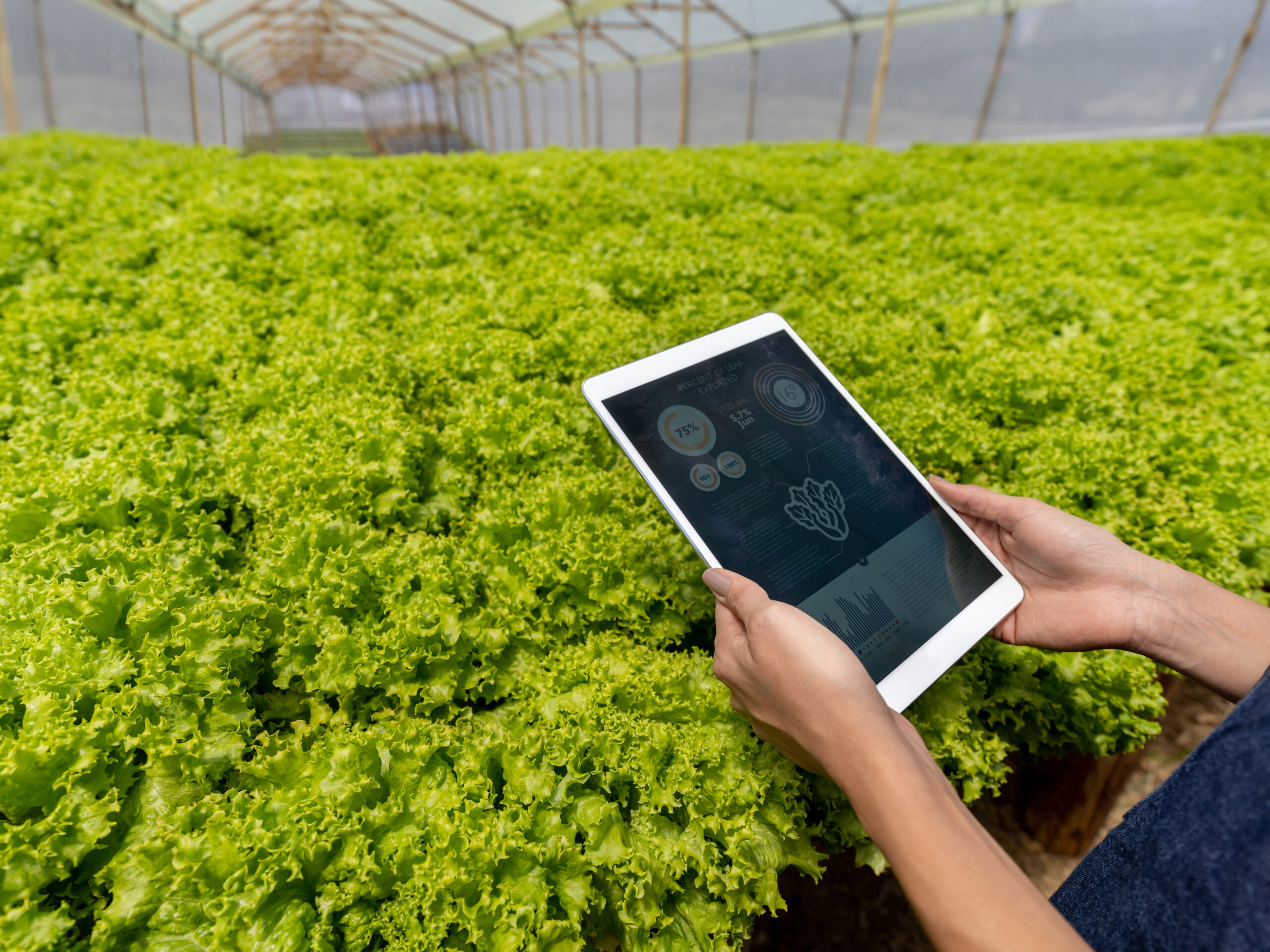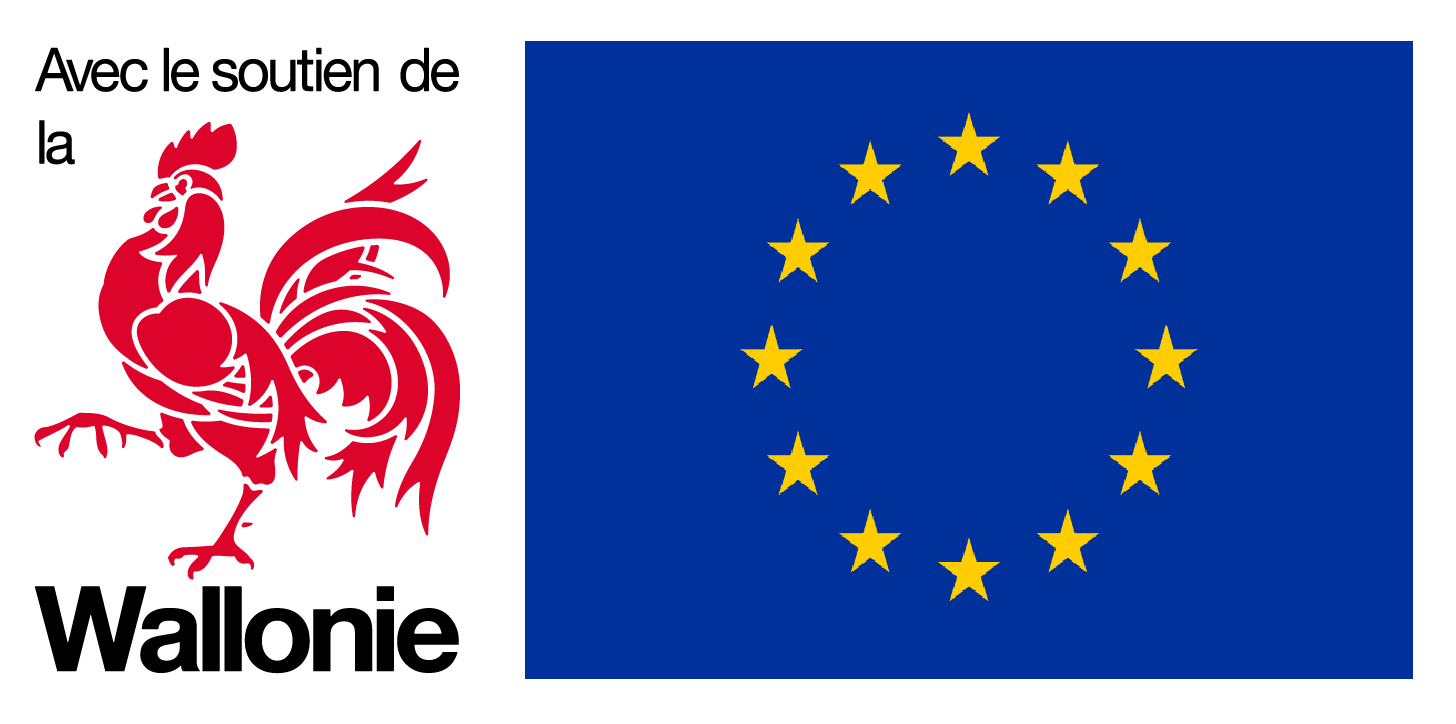TRANS-E-BIO
Decision Support Tools for Improving the Efficiency of Biocontrol Solutions

Objective of the project
Under the impetus of the European Union, regional policies aimed at reducing the use of synthetic pesticides in agriculture have been put in place on all three sides of the France-Wallonia-Vlaanderen (FWV) border zone. In France, the national Ecophyto2+ plan aims to reduce the use of conventional plant protection products by 50% by 2025. Wallonia launched its 3rd Pesticide Reduction Program for the period 2023 to 2027 in October 2022. Flanders has aligned itself with the Belgian federal plan. Agricultural production using fewer synthetic pesticides is also critical for the agri-food processing sector, the economic heavyweight of the FWV area, which is undergoing major changes in response to growing consumer concern for healthier food.
Encouraged by these proactive policies and an increasingly satisfactory commercial offering, agricultural, market gardening and fruit producers are increasingly turning to biocontrol solutions for the fight against epidemics and biopests. However, there are still obstacles to more massive adoption. First of all, their cost is often higher than their synthetic alternatives. Then, their effectiveness is lower and less reproducible in practical conditions. Biocontrol products are in fact most of the time agents with so-called “multisite” modes of action. Their performance is thus dependent on complex interactions within the agro-system, between the plant and its environment as well as management methods.
Decision Support Tools (DSTs) for treatment planning can help overcome these limitations. These digital systems combine phenotyping technologies to detect the onset of epidemics and their spread and cross-referencing this data with other information such as soil history, variety characteristics and local weather forecasts to provide a prediction of risk better targeted temporally and spatially. This prediction can in turn be used to define smarter treatment strategies through alert systems or robotic solutions for local treatments.
The development of these DSTs, however, faces its own difficulties. The use of modeling exploiting increasingly local observations and factors thus complicates the transposition of results from one European region to another. Phenotyping is thus sensitive to factors such as variety, physicochemical properties of soils and abiotic stresses induced in particular by hydrometry and climate change. The nature and dynamics of the appearance and spread of plant pathogens and pests are also dependent on regional factors.
In this regard, a cross-border approach at the scale of the FWV zone presents numerous advantages and opportunities. First of all, major agricultural, market gardening and fruit crops are common to all the slopes of the basin. Good practices, methodologies, data and tools can thus be compared and exchanged. The area is also homogeneous in terms of pedoclimatic conditions and the challenges associated with climate change. As a result, producers there face the same epidemics and pests. Finally, the FWV zone has an ecosystem of cutting-edge technological players in the development of sensors, data processing algorithms as well as test sites essential for the development of DST systems. Several alert systems for farmers to help them manage the planning of their treatments are also already operating in the region.
It is in this context that the Trans-e-Bio project integrated into the Biocontrol 4.0 portfolio falls. The objective of the project is to develop a set of digital tools integrated into a decision support tool (DST) adapted to the specificities of biocontrol solutions. The major points of innovation of the project are the in-situ detection of local risk factors such as the presence of aerial spores of phytopathogenic agents, local outbreaks of infection or insect pests and their consideration in models. predictions of infection risk adapted to biocontrol solutions for a better estimation of infection risk from a spatial and temporal point of view.
Framers, market gardening and fruit producers will thus be able to better target their treatments and limit the use of synthetic pesticides in favor of biocontrol solutions, all for the benefit of a healthier agri-food chain for the citizens of the FWV zone and many others.
Total budget of the project (Multitel): 331 140 €
- EU funding (ERDF): 198 684 €
- Walloon Region funding : 49 671 €

Contribution of Multitel
As leader of the project, Multitel will coordinate activities within the project and with other projects in the portfolio.
As part of the MT3.3 (Development of a low-cost sensor for continuous and real-time measurement of aerial inoculum concentration) conducted in collaboration with partners ULille-IEMN, JUNIA, CARAH and CRA-W, Multitel will be in charge of:
- the design of the overall system architecture
- the design and prototyping of the holographic microscopy stage
- the development of the 3D reconstruction algorithm
- the development of the artificial intelligence algorithm for the detection and recognition of aerial spores.
Multitel will also participate in the construction of databases necessary for the development and validation of the system as well as the definition of protocols for data collection.
As part of MT3.6 (Deployment of a data collection software platform), Multitel will be in charge of:
- the definition of needs in collaboration with the Trans-Control project
- the selection of sensors available on the market in collaboration with the Trans-Control project
- the definition of the platform architecture
- the development of data connectors
- the integration of models for predicting the risk of spread of epidemics
- the deployment of the platform on the test sites of the Trans-Control project.
Coordinator
Partners
- ULIEGE / GEMBLOUX AGRO-BIO TECH (BE)
- CENTRE RECHERCHES AGRONOMIQUES WALLON (BE)
- JUNIA (FR)
- Université de Lille – Institut IEMN (FR)
- CARAH - CENTRE POUR L'AGRONOMIE ET L'AGRO-INDUSTRIE DE LA PROVINCE DE HAINAUT (BE)
- INAGRO PROVINCIAAL EXTERN VERSELFSTANDIGD AGENTSCHAP IN PRIVAATECHTELIJKE VORM VZW (BE)
- Viaverda vzw (BE)
- Katholieke Universiteit Leuven (BE)
